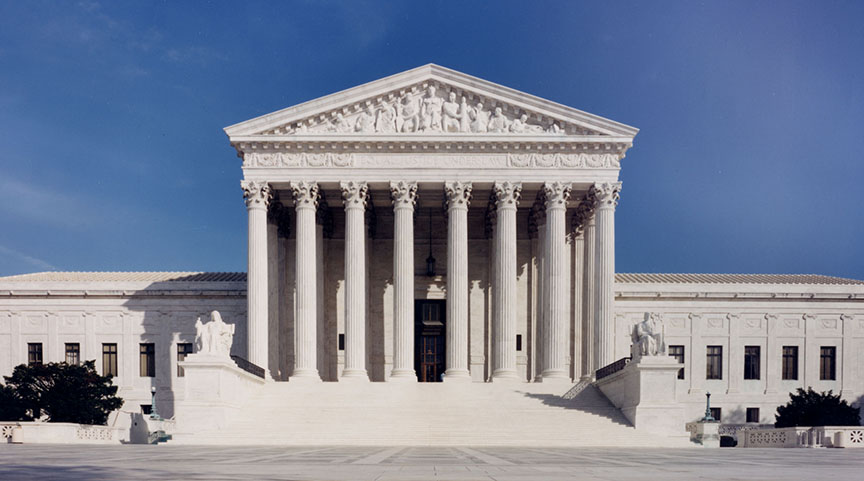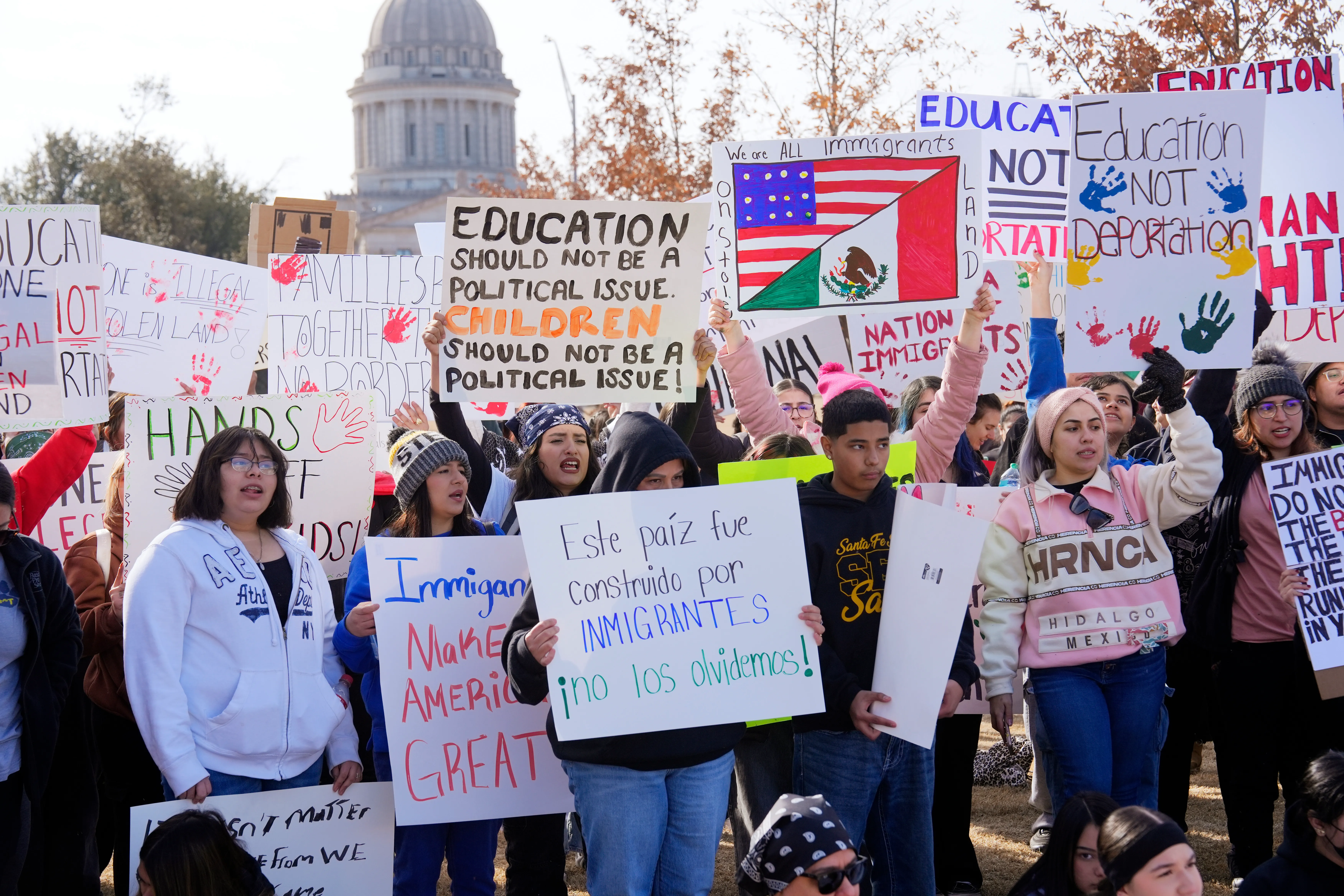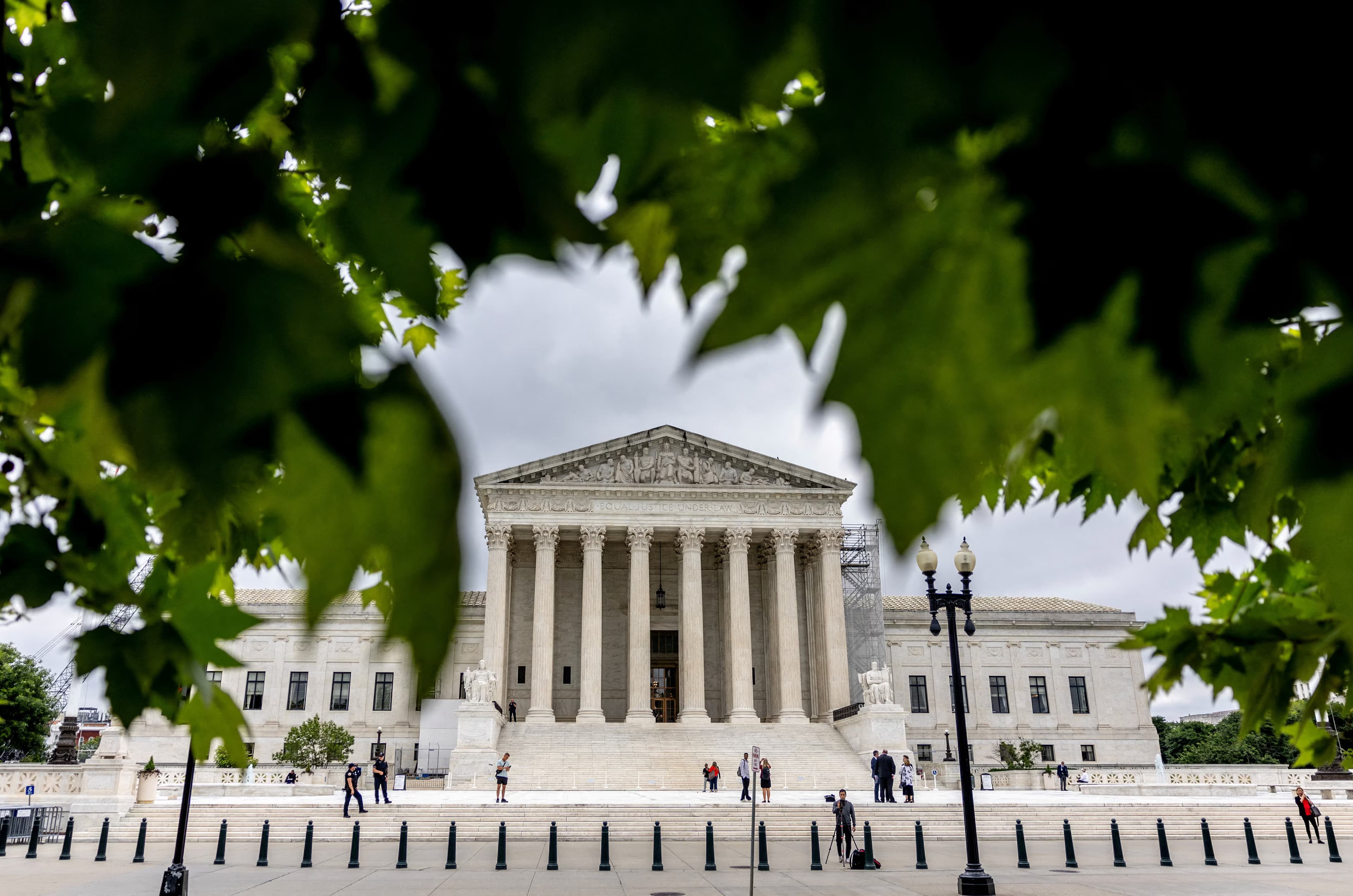The Trump administration has taken a chilling step in its ongoing war against immigrants, deporting eight individuals to South Sudan, a country reeling from civil strife and humanitarian crises. This act, carried out just before midnight on Independence Day, symbolizes not just a violation of human rights but an alarming disregard for due process in the name of national security.
Supreme Court Enables Unconstitutional Deportations
According to a recent report by AP News, the Supreme Court ruled in a 7-2 decision that the Trump administration could proceed with these deportations despite a lower court"s hold. The ruling effectively erases essential due process requirements for immigrants, allowing the government to remove individuals to countries where they may face persecution or death without affording them a chance to contest these actions.
Legal Precedents Ignored in Favor of Political Gain
This decision marks a significant departure from traditional legal protections for immigrants, as stated by civil rights attorney Trina Realmuto, who decried the deportation as "punitive and unconstitutional." The Supreme Court"s ruling does not merely reflect a legal issue; it underscores a dangerous trend where the judicial system is being manipulated to serve political ends. The administration"s rhetoric around "safety and security" is a thin veil for actions that undermine American values of justice and fairness.

The Supreme Court Building - Supreme Court of the United States
Human Rights Violations in the Name of Security
The eight migrants, alleged by the Department of Homeland Security (DHS) to have serious criminal convictions, were held in legal limbo at a military base in Djibouti before being forcibly returned to South Sudan. The conditions at this base were described as challenging, both for detainees and for ICE officials tasked with overseeing them. This raises pressing ethical questions about the treatment of individuals who have fled dangerous circumstances only to face further peril upon deportation.
Political Ramifications of the Deportation
The Trump administration, as reported by Berkeley News, has aggressively pursued a policy of slashing immigration through a series of executive orders. This deportation serves as a stark reminder of the lengths to which the administration will go to fulfill its anti-immigrant agenda. By prioritizing punitive measures over humanitarian considerations, the administration risks alienating not only immigrant communities but also a significant portion of the American electorate that values compassion and justice.

Hundreds protest Ryan Walters, ICE outside OSBE meeting
Public Outcry and Future Implications
As the administration celebrates this deportation as a victory for national security, the broader implications are troubling. Public sentiment regarding immigration policies is increasingly polarized, with many Americans expressing discontent over the treatment of immigrants. Furthermore, the U.S. State Department has explicitly warned against all travel to South Sudan due to its unstable conditions, making the deportation of these men not just reckless but fundamentally contradictory to American values.
In the face of these developments, it is crucial for advocates of civil rights and social justice to mobilize and challenge these unjust policies. The deportation of these eight migrants is not an isolated incident; it is emblematic of a larger systemic issue within the U.S. immigration system that requires urgent reform.

![[Video] Federal officers deploy sting balls and flash grenades at Whipple Building](/_next/image?url=%2Fapi%2Fimage%2Fthumbnails%2Fthumbnail-1768340555229-vhfcc-thumbnail.jpg&w=3840&q=75)
![[Video] Crowd-control weapons used in Minneapolis as anti-ICE protesters attack police vehicle](/_next/image?url=%2Fapi%2Fimage%2Fthumbnails%2Fthumbnail-1768336302231-akxf7s-thumbnail.jpg&w=3840&q=75)

![[Video] Protests erupt in Minneapolis after ICE detains teenager, multiple arrests made](/_next/image?url=%2Fapi%2Fimage%2Fthumbnails%2Fthumbnail-1768331835371-z9ylqg-thumbnail.jpg&w=3840&q=75)


![[Video] Gunfire between Iraqi security forces and Sadr militias in Baghdad](/_next/image?url=%2Fapi%2Fimage%2Fthumbnails%2Fthumbnail-1768343508874-4redb-thumbnail.jpg&w=3840&q=75)
